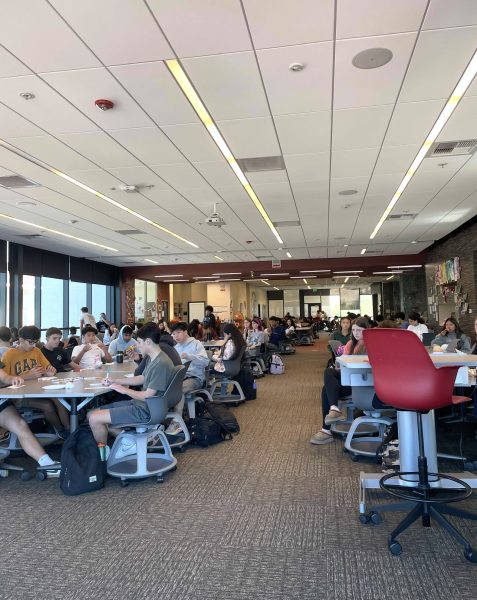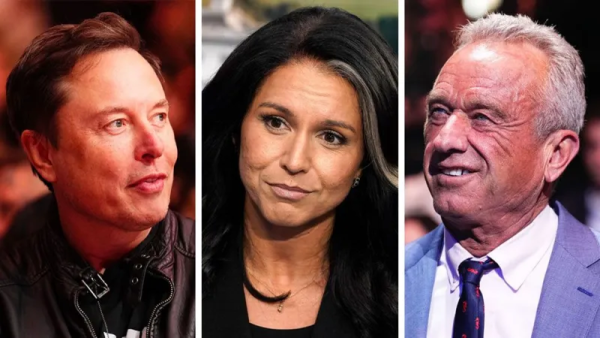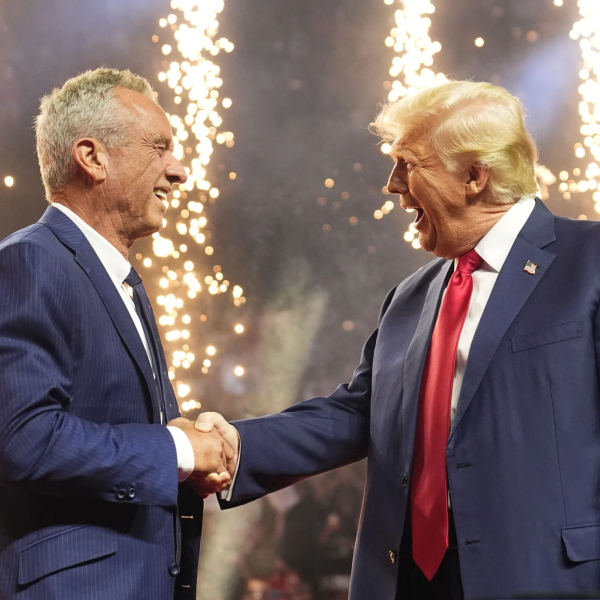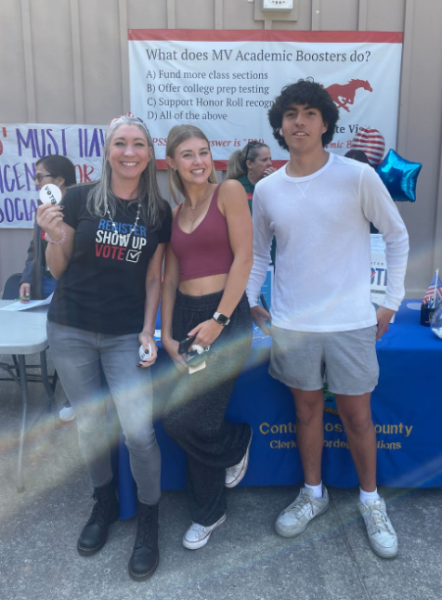10 points for feminism!
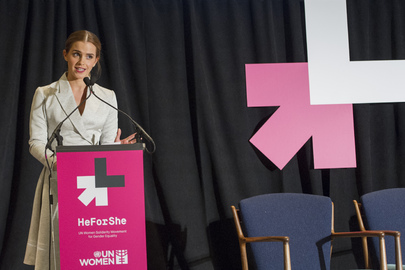
Actress Emma Watson of the Harry Potter movie franchise and Goodwill Ambassador for UN Women recently launched the HeforShe campaign.
Watson’s speech at the UN first addressed the misconception of the word feminist. As much as feminism has grown in popularity in the recent years, it still carries an unintelligent stigma as being man-hating. In the past, certain people have turned the word feminism into something that many automatically close their mind off to, due to the fact it has been characterized with misandrist beliefs. But, as Watson states, feminism, in its simple definition is “the belief that men and women should have equal rights and opportunities.” By opening up with this dilemma, Watson confronts the obvious problem with feminis
Watson continues to explain how gender roles are not only plaguing women, but men as well can be conflicted with what is expected of them in society.
“When at 14 I started being sexualized by certain elements of the press… When at 18 my male friends were unable to express their feelings,” Watson said.
Throughout the speech, Watson brings up men’s struggles in the world from being viewed as very strong and manly to not being able to express themselves. I applaud for Watson bringing up these issue, where many times these issues are overlooked, and even some male counterparts do not realize it themselves.
The bases of the HeforShe campaign is so that men can take a stand, unite with women, and end gender inequalities. Emma Watson does a superb job at outlining and putting this idea in the minds of thousands that feminism is a man’s issue too.
The Critics
Between September 20th and October 2nd, there had been 1.1 million tweets consisting of the HeforShe hashtag, from over 700,000 different users, which ultimately reached over a billion Twitter users.
This extreme popularity is mainly because “Emma Watson” gave the speech. This has been somewhat of a controversial aspect to the speech itself. Many critics argue that because of Watson’s affluence, people have actually listened. Yes, Watson is in the extreme elite class which barely makes up a percent of the population, but does that exclude her for standing up for what she believes? Critics argue that because she is well to do, she ends up speaking over the women who actually have suffered more and experienced harder inequalities in their lifetime. This is a good point, but it doesn’t make Watson’s voice less impactful. Watson even states that she “is one of the lucky ones” and “has had a strong support group” that did not look at her differently because she was a woman.
Critical blogs have also brought up that Watson is a white, attractive and feminine woman who is “pleasing to men”. Critics argue that because of this it defeats the purpose of striving for equalities when a young, 24 year old is asking politely for men to jump on board. But, by bringing up this argument one misunderstands Watson’s speech entirely. By looking at her image, one is judging her on what feminism goes against.
“You might be thinking who is this Harry Potter girl? And what is she doing up on stage at the UN. It’s a good question and trust me, I have been asking myself the same thing. I don’t know if I am qualified to be here. All I know is that I care about this problem. And I want to make it better.” Watson said.
The Triumphs
Unsure supporters of the HeforShe campaign wonder: Is anything actually going to happen with HeforShe? Or is it just another dream that is too far out of reach? Although change probably will not happen on a global scale in the next years, what gives this campaign hope is that millions of people have taken the time to listen and have taken a moment to think about the problem.
A 15 year old boy wrote an article about his understanding of Watson’s speech. Writing that he couldn’t agree more with what Watson said, he went on saying how he realized how disappointed he was in his male peers on this subject.
“We must stop pressuring each other to fit stereotypes which more often than not leaves [sic] us feeling repressed and unable to express ourselves. We must not let gender define us.” The boy wrote in a Sunday Telegraph.
This simple response gives hope to the HeforShe campaign and proves that change can be reached by spreading the word and informing one other what it means to be a feminist.
What We Can All Learn
Since the early 1900s, gender equalities have been led by women for women. Today, men have become active participants for equal rights for women. HeforShe is now molding those two together. Over 174,326 men have pledged to take action and agreed that gender equality is not just a woman’s issue, it’s a human rights issue.
Watson’s speech and the HeforShe campaign is based on how to bring out the true form of feminism. Creating the HeforShe campaign will spark participation of male participants. Watson’s invitation to men is quite appropriate, too many times men feel awkward and uncomfortable to be considered as feminists. We must break down those barriers and give the original meaning back if we want to succeed in gender equality. Whether you agree with Emma Watson’s words or not, I urge you to at least acknowledge the positives of the speech and know that it is possible for all genders to live harmoniously in this world together.
“…we have a uniting movement. I am inviting you to step forward, to be seen to speak up, to be the “he” for “she”. And to ask yourself if not me, who? If not now, when?”
With those words, Hermione would be proud.



